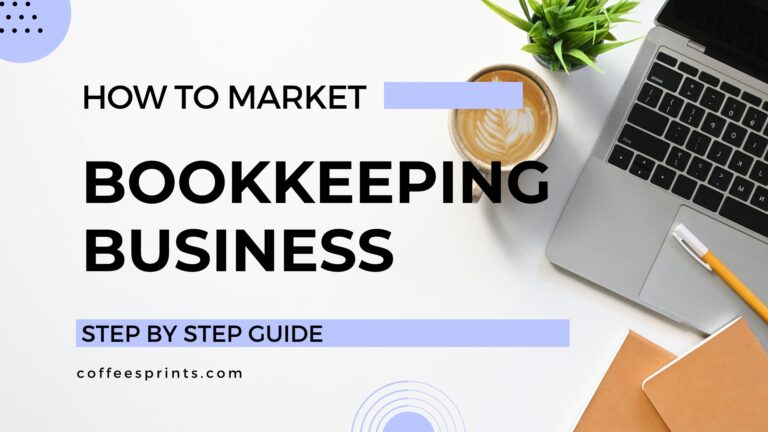Training Your Voice For Podcasting – An In-depth Guide
Ever wondered why some podcasters grab your attention right away?
It’s not just luck.
Your voice and your content are key to keeping listeners interested.
Content apart, if you naturally don’t have a great voice that’s right for podcasting, you can definitely learn.
You spend hours on perfect scripts, but people barely keep listening.
The problem may not be your content. It could be how you deliver your voice.
In this guide, let’s learn how to train your voice to be engaging for a podcast.
Why Voice Quality Matters for Your Podcast Success
A few reasons to consider about your voice quality:
- Your podcast’s success depends on how listeners hear your voice. A shaky, monotone, or strained voice can lose listeners fast. Studies show that podcasts with clear voices keep 68% more listeners over time. So, learning to train your voice for podcasting is key.
- Listeners connect your clear voice with your knowledge. 75% of listeners trust the hosts they listen to, viewing them as influential figures. (Source: WSJ)
- Monetizing your podcast also depends on your voice. Sponsors want to back podcasts with professional-sounding hosts. Clear and engaging voices can get better sponsorship deals.
- Podcast listeners skip podcasts with poor audio. With good audio and voice, you’re creating not just a good podcast but also a valuable brand asset that’s organic.
In the end, the quality and time you invest pay off in subscriptions, shares, and growth.
The ABCs of Podcast Voice Training – Steps to Train Your Voice for Podcasts
Here are the steps that are key to improving your voice for podcasting.

Assess Your Current Voice
You are your best teacher when it comes to learning voice or video recording. Record yourself speaking naturally. Listen back to find habits like filler words. Try reading a script and compare it to your own style. Practice these steps repeatedly.
It’s Okay to Make Mistakes
A good podcast voice is clear and warm, making listeners feel involved. When we’re starting out, we’re bound to make mistakes. Sometimes, we are our own worst critics. Avoid this while learning something new.
Most of the time, when starting out, you may want to copy other podcaster’s style. But it may not work. Instead, it’s good to find your own voice and keep it engaging, real, and clear.
People connect with voices that sound natural!
So, start by figuring out what makes your voice unique. Try to understand your style.
The idea is to stay consistent and see the progress.
What Makes a Great Podcast Voice
Great voices vary their tone and energy to keep things interesting, and a good podcast keeps the listener engaged. Practice speaking with purpose, using pauses and inflections.
Your authenticity is what matters most. Listeners want to hear you, not someone trying to be someone else.
How Fast Should You Talk on a Podcast?
Maintain a clear average speaking rate so your listeners will follow your words. According to the Improve Podcast, average podcasters, radio hosts, and audiobooks prefer using between 150 to 160 wpm (words per minute). It is the comfortable range where most people hear & vocalize words. Along with that, clarity of speech is crucial. More about that in a bit.
Set Realistic Training Goals For Your Voice
Start with small goals, like cutting down on ums by 50% in two weeks. Use voice memos to track your progress. It’s a journey.
Celebrate your wins, big and small, and track your progress to see the results.
Breathing Exercises for Better Voice Control
First, work on controlling your breath. Diaphragmatic breathing boosts your voice’s endurance. Try inhaling deeply through your nose, letting your belly expand, and then exhale slowly. You could also follow some breathing exercises on the internet for better control.
Articulation and Pronunciation Drills
Articulation drills help you speak clearly. Try saying tongue twisters like “Unique New York,” or practice pausing between words. Also, record yourself and listen back to cut down on filler words. Clear speech keeps your listeners interested.
Vocal Warm-ups Before Recording
Warm up your voice before recording till you’re on track. Hum scales or sing simple melodies to get your voice ready. A 5-10 minute warm-up routine prevents vocal strain and ensures your voice sounds great when you’re recording.
Finding Your Authentic Podcast Voice
Finding your unique tone is vital for originality. Experiment with your pace and pitch. Listen to podcasts to see what works for you. Being authentic builds trust with your listeners.
Equipment and Tools For a Better Podcast Setup
Choosing the right gear is key to getting the most from your voice training for your podcast journey. Start by picking tools that fit your vocal style and budget. Let’s look at three main areas to improve your setup.
Find Microphones That Complement Your Voice Type
Dynamic mics like the Shure SM7B work well for louder voices. On the other hand, condenser mics such as the Blue Yeti, catch subtle tones. If you have a budget, try different options to find what brings out your natural sound without hurting your voice.
Software for Voice Analysis and Improvement
Tools like Audacity (free) or Adobe Audition let you record and improve your voice. Descript’s voice analysis features help spot areas to work on.
Creating an Optimal Recording Environment
To reduce echo, hang blankets or foam panels on walls. Use carpets to cut down floor noise. Even small rooms can sound great with simple fixes like closing windows and using bookshelves as sound barriers.
Common Voice Training Mistakes Podcast Beginners Make
Many new podcasters face avoidable hurdles. One big mistake is pushing your voice too hard.
Screaming lines or forcing unnatural tones can strain your vocal cords. This causes fatigue. Take breaks between practice sessions to let your voice recover.
Another mistake is skipping consistency. Practicing daily, even for 10 minutes, builds muscle memory. Recording only when inspiration strikes leaves progress stagnant.
Set a timer each morning for breathing exercises or tongue twisters. This keeps your skills sharp.
Mimicking hosts you admire can also backfire. Copying someone else’s pitch or cadence dilutes your unique style. Instead, record yourself reading a news story and compare it to your heroes.
Keep what feels natural and drop the forced parts.
Ignoring hydration is a silent killer. Sipping water before recording helps lubricate the vocal folds. Carry a water bottle during practice sessions to stay hydrated.
Dry throat? Sip room-temperature water instead of cold drinks right before speaking.
Lastly, over-editing your speech stifles authenticity. Some filler words like “um” or pauses add humanity. Focus on clarity, not perfection.
Recognizing these missteps is the first step toward improvement. Keep in mind that every podcast pro started where you are now, so stay patient and keep practicing.
Different AI Voice Options for Your Podcast
I don’t want you to take shortcuts while training your voice. But times are changing how podcasters create their audio.
In today’s world, using AI tools for podcasting is a great step in many ways. It saves your time, money, and energy.
If you’re thinking about using AI voice for a podcast, first figure out when it’s best.
- You can use AI for intro music, sponsor reads, or fictional voices to sound better.
- Do you have vocal strain? AI voices can help without losing professionalism.
But remember, your listeners will appreciate the realness.
To wrap things up, here are some resources you could use to optimize your podcast.






